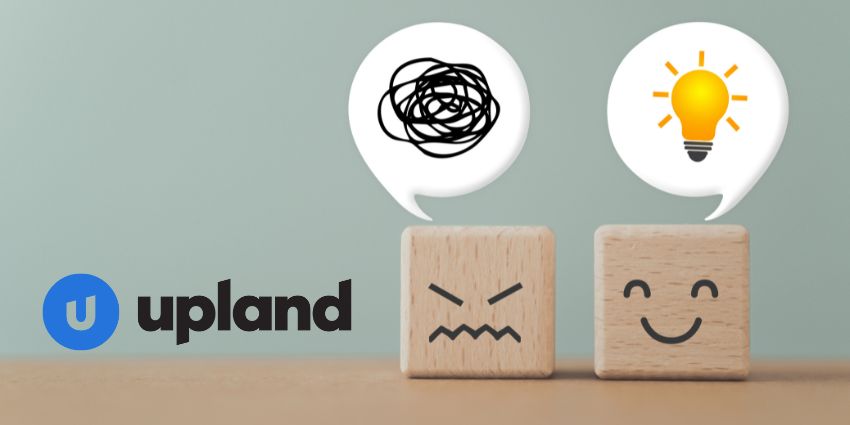You get out of something what you put in, right? Like, effort equals return.
In business, it is an adage that seems always to be true.
However, there is one specific – and booming – new area of business where the quality of that input can have a critical impact on outcomes: generative AI.
Ironically for a technology so indicative of a fully-automated age, the benefits of generative AI to individual businesses’ knowledge management rely very much on a human contribution. In short, what those businesses get out of it, depends completely on what they put in.
In the contact center in particular, knowledge management is key to providing a rich and efficient customer communication experience. So, what should businesses be doing now in order to ensure that their deployment of generative AI plays the most effective part possible?
Well, as is always the case, the smartest technology providers have the greatest understanding of the issues at play. All businesses must do is partner with the right one.
“The most key component of any knowledge programme is the content itself – and that is where generative AI has the power to truly transform,” says Keith Berg, Senior Vice President and General Manager of Contact Center Productivity Solutions at leading global enterprise software provider Upland Software, whose just-launched AI Knowledge Assistant helps users create maximum impact.
“The challenges come when organizations do not have enough personnel to generate that content. Agents often do not have time to be creating and updating knowledge or, understandably, they do not have the skill set to write in the right tone and for the right audience.
“Generative AI deployed correctly can be that crucial assistant to knowledge authors. It can help them get started with a new article and can help tailor articles for specific channels. It opens up a whole new world of opportunity for knowledge management. If we fast-forward even a few years, I believe it’s going to be as ubiquitous as spell check is today.”
Indeed, in recent years we have all grown quickly accustomed to consuming knowledge via a Google-like experience. However, challenges remain around empowering content creators and authors to not only initially create but also to maintain that knowledge.
In the case of Upland’s Knowledge Assistant software in particular, it enables the standardization of structure and flow which, in turn, brings cohesion to user organizations’ knowledge bases.
“For our customers who, for example, launch a new product, that initial blank page facing their knowledge creators is an issue,” says Berg. “Part of that is writing in different voices. Having experts write knowledge for experts is one thing. How do you then transform that same thing into something for your customer to use in a self-serve manner? You cannot simply publish the same article to them. You need to speak with a different voice. There may also be the added challenge of multiple people contributing to an article. Some people like to use bullets, some people like to number things, some people like lots of pictures. That inconsistency in the way that knowledge is created can come off very disjointed within an organization and to customers too.
“Our Knowledge Assistant helps make those knowledge authors more effective from day one and supports ongoing knowledge base maintenance activities.”
In fact, Upland is already planning for the next phase of generative AI deployment – across organizations’ own business-critical applications such as their Customer Relationship Management (CRM) platform and their Office 365 environments.
“Organizations have a lot of stuff behind the firewall or in specific internal repositories,” says Berg. “Those places are their treasure troves of information and there is huge insight to be gained from securely exposing or replicating it to SaaS providers. That’s where I think we will all get to soon, and we are well-placed to ensure our customers benefit from that evolution.”
Not that the intelligence is all artificial yet, of course.
“We still need the human element in the loop,” says Berg. “No-one is thinking that generative AI should be left unmonitored, nor that it should be delivering content or knowledge to the consumer or even the agent without some vetting. There is too much at risk for brands for that to be the case.
“There still needs to be a human agent looking at information and saying: ‘Yes, that looks appropriate to me.’ That will also help to continually train our understanding of the technology and ensure we deploy it in the right way and to maximum effect.”
To learn more about how Upland can help your business leverage the power of its knowledge base, click here.







